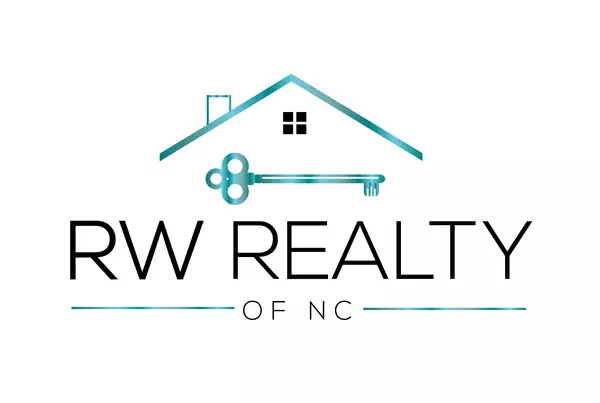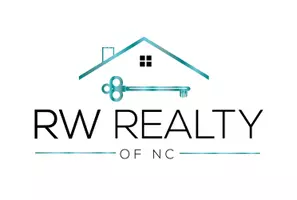NC Due Diligence Fee vs. Earnest Money: What Buyers & Sellers Should Know
North Carolina uses two deposits in most home purchases—the due diligence fee and earnest money. They look similar but work very differently.
1) Due Diligence Fee (DD)
-
What it is: Paid directly to the seller for taking the home off the market during your due-diligence period.
-
Refundability: Typically non-refundable; credited to you at closing.
-
Strategy: Higher DD can strengthen your offer—balance against risk.
2) Earnest Money (EMD)
-
What it is: A good-faith deposit held in escrow.
-
Refund Basics: If you terminate within DD per contract, EMD is generally refundable; after DD ends, risk of loss rises.
-
Strategy: Align DD deadline with inspections, appraisal, and loan milestones.
3) Timeline Snapshot
Offer accepted → DD starts → inspections ordered (home, pest, HVAC, septic if applicable) → appraisal/loan work → decision before DD deadline.
4) Seller Perspective
DD shows commitment; clean timelines and fast scheduling reduce uncertainty.
FAQs
Who holds EMD? Typically the closing attorney or brokerage trust account.
How much for DD/EMD? Depends on price, competition, and risk tolerance—ask for a data-based range.
What if the appraisal is low? Options include price negotiation, extra cash, or termination (per terms).
Can DD ever be refunded? Rare, contract-specific scenarios only.
Want a simple timeline for your situation? Lets schedule a consultation (no-obligation!) Email me at Info@RWRealtyNC.com
Categories
Recent Posts










